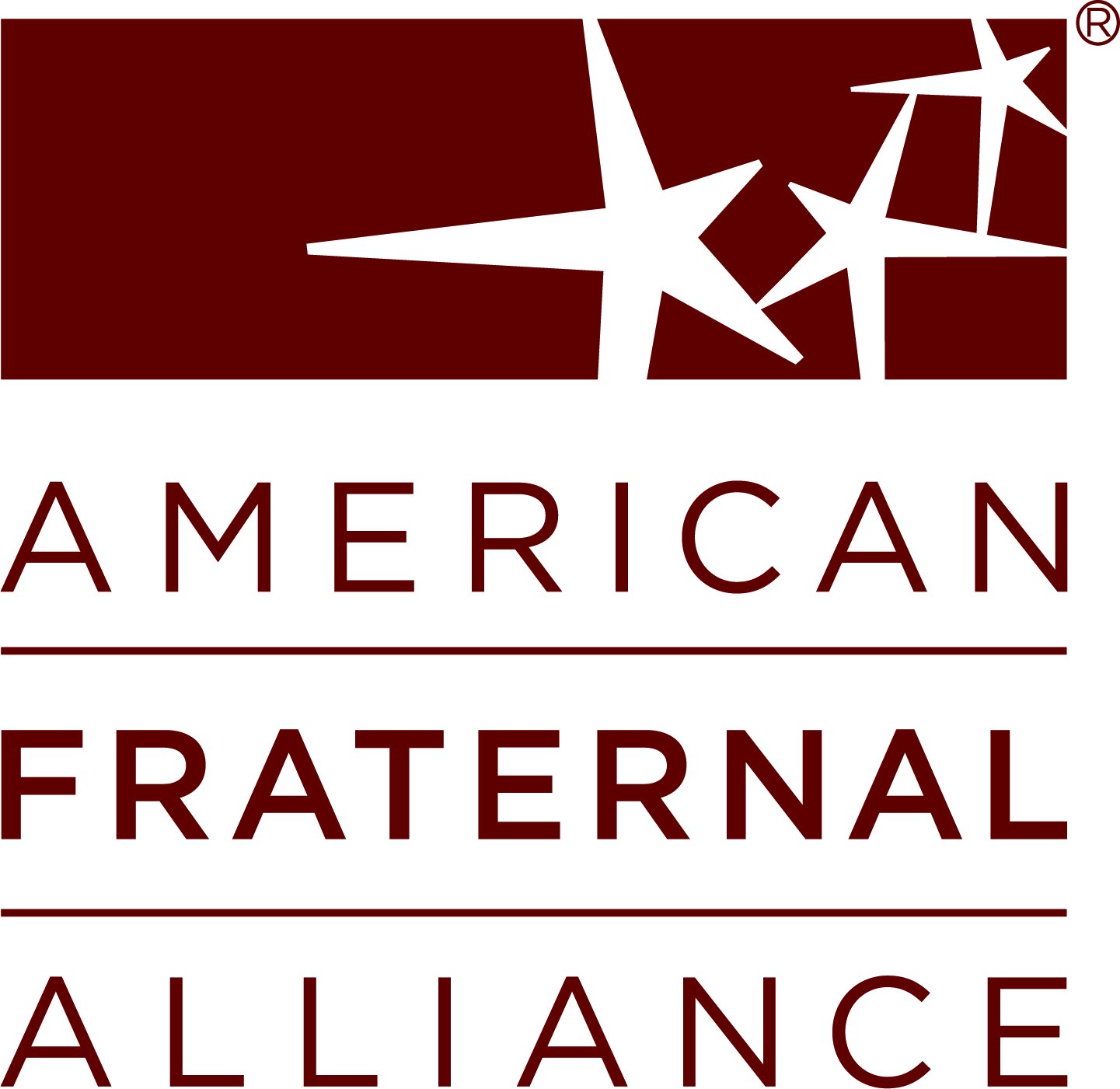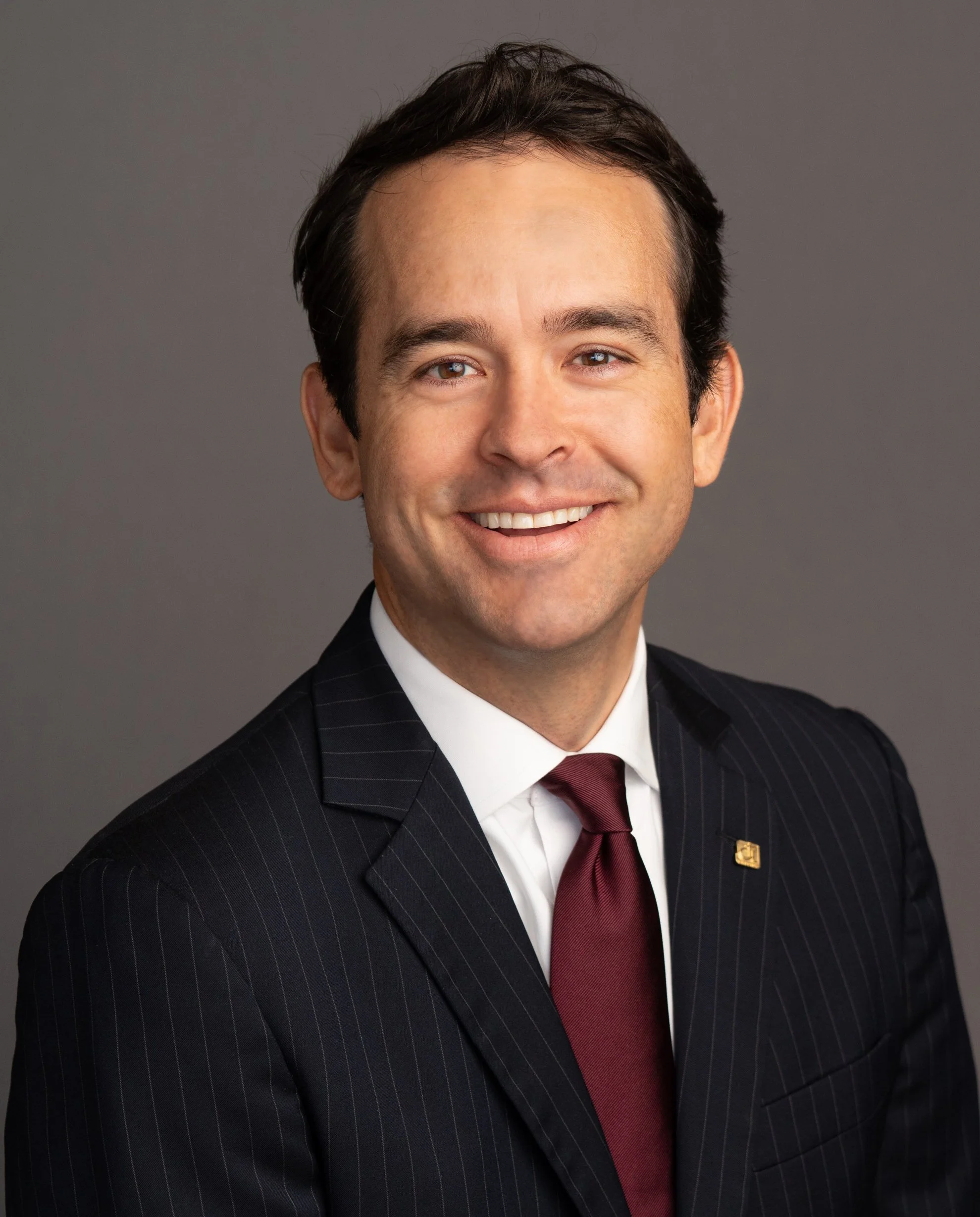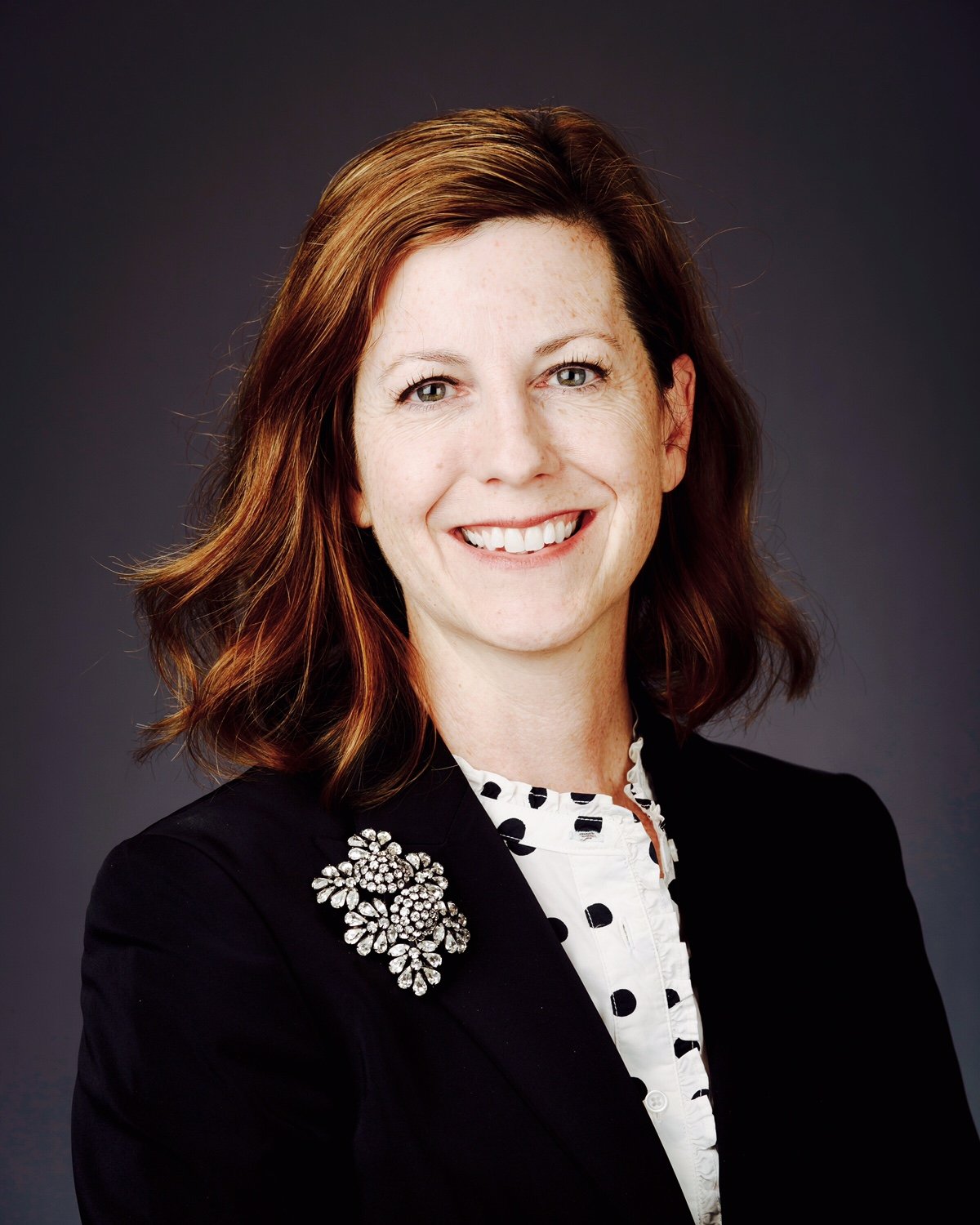About: Leadership and Mission
MISSION STATEMENT
We unite members through advocacy, education and networking to advance the fraternal benefit society movement.
VISION STATEMENT
A world where we live fraternally – United to improve the lives of others and be financially secure.
About the American Fraternal Alliance
The American Fraternal Alliance unites 50 not-for-profit fraternal benefit societies operating in 50 states, the District of Columbia and Canada. Alliance member societies represent more than 7 million individuals, making it one of America’s largest member-volunteer networks. Through advocacy, developing policy and providing opportunities for a broader understanding of fraternal benefit societies as financial providers and community service activists, the Alliance serves as a vital and valued resource.
CHRIS MARTIN
DIRECTOR
SHARON BROSNAN
CHAIR OF THE BOARD
JOHN SHARP
VICE CHAIR
CHRISTOPHER BELZ
DIRECTOR
LISA BICKUS
DIRECTOR
LES BOHNERT
DIRECTOR
JOHN BORGEN
SECRETARY-TREASURER
BILL HUNT
DIRECTOR
THERESA KLUCHINSKI
DIRECTOR
TIM SACCOCCIA
DIRECTOR
GREG TEMPLE
DIRECTOR
RENÉ ZANIN
DIRECTOR
ALLISON KOPPEL
CHIEF EXECUTIVE OFFICER
Our History
The American Fraternal Alliance was founded in 1886 as the National Fraternal Congress. In 1912, it merged with the Associated Fraternities of America to become the National Fraternal Congress of America, and united in both mission and purpose the fraternal benefit societies that it served. In 2011, the organization underwent a comprehensive re-branding, with the name change to the American Fraternal Alliance better reflecting the non-profit’s vision of ensuring the continued relevance of its 50 member societies.
What is a fraternal benefit society?
Fraternal benefit societies are not-for-profit membership groups that unite individuals with a common bond, providing them the ability to secure their families’ financial security through a variety of life insurance and investment products. Fraternals form one of the nation’s most effective and efficient volunteer networks, delivering billions of dollars of direct financial aid and community service to those who need it most.
Operating through local chapters, fraternals enable their members to carry out charitable, educational, social and other volunteer community initiatives. Each year through this unique structure, members of fraternal benefit societies invest more than 45 million hours in community works and contribute more than $690 million to charitable programs supporting community service projects.
The fraternal business model is unique to North America. It combines the “member owned” characteristic of a mutual insurance company with the “social mission” characteristic of a faith-based or service organization. Together, these two components provide the opportunity for nearly 7 million individuals to secure their families’ financial futures, while also contributing through direct financial assistance and volunteer activities to the health and well-being of the communities in which they live and work.
All fraternal benefit societies must comply with state and federal regulations with regard to their financial services, and must be licensed by the insurance department of the state or states in which they operate. Fraternal benefit societies are recognized as 501(c)(8), not-for-profit fraternal organizations by the Internal Revenue Service. The many charitable and benevolent activities of the fraternal benefit system – estimated to be over $2 billion annually – would be severely curtailed if the 100-year-old fraternal tax exemption were repealed. Clearly, fraternals continue to deliver significant value to their members, the hundreds of charitable organizations that benefit from the financial and volunteer support, and American taxpayers more than a century after they were created.
Past Chair Board
1913-1914 W. H. Powers
1914-1915 J. F. Taake
1915-1916 Geo. W. Miller
1916-1917 I. I. Boak
1917-1918 Dr. R. H. Gerard
1918-1919 A. C. McLean
1919-1920 Hill Montague
1920-1921 George P. Kirby
1921-1922 Henri Roy
1922-1923 Harry Wade
1923-1924 W. R. Shirley
1924-1925 Thos. F. McDonald
1925-1926 Bina M. West
1926-1927 John C. Snyder
1927-1928 Sidney H. Pipe
1928-1929 E. J. Dunn
1929-1930 Frances Buell Olson
1930-1931 Tom L. McCullough
1931-1932 George R. Allen
1932-1933 Mary E. LaRocca
1933-1934 Bradley C. Marks
1934-1935 John C. Karel
1935-1936 Peter F. Gilroy
1936-1937 S. H. Hadley
1937-1938 Dora Alexander Talley
1938-1939 C. L. Biggs
1939-1940 Frances D. Partridge
1940-1941 Alex O. Benz
1941-1942 Thomas R. Heaney
1942-1943 Norton J. Williams
1943-1944 Grace W. McCurdy
1944-1945 Farrar Newberry
1945-1946 Walter C. Below
1946-1947 Clara B. Bender
1947-1948 T. W. Midkiff
1948-1949 Jeanie Willard
1949-1950 Geo. C. Perrin
1950-1951 John P. Stock
1951-1952 Luke E. Hart
1952-1953 Ernest R. Deming, Sr.
1953-1954 Lendon A. Knight
1954-1955 Agnes E. Koob
1955-1956 George H. Crowns
1956-1957 Louis E. Probst
1957-1958 Howard M. Lundgren
1958-1959 W. Cable Jackson
1959-1960 R. George Ransford
1960-1961 Walter L. Rugland
1961-1962 Arthur J. Barrett, Jr.
1962-1963 Edna E. Dugan
1963-1964 Joseph H. Sudimack
1964-1965 Frank H. Lee
1965-1966 Louise Patrick Stepanek
1966-1967 Harold J. Lamboley
1967-1968 T. W. Cheney
1968-1969 Louis E. Caron
1969-1970 B. C. Hallum
1970-1971 Robert R. Bryant
1971-1972 Nick T. Newberry
1972-1973 K. T. Severud
1973-1974 Michael F. Ettel
1974-1975 Henry F. Scheig
1975-1976 John H. Griffin, M.D.
1976-1977 William J. Wenger
1977-1978 David L. Springob
1978-1979 George E. Owen
1979-1980 Geraldine Towner
1980-1981 Arley R. Bjella
1981-1982 John A. Gorski
1982-1983 Edgar J. Martel
1983-1984 Virginia E. Farmer
1984-1985 Peter Daly
1985-1986 William B. Foster
1986-1987 Louis B. Engelke
1987-1988 F. L. Spanier
1988-1989 Edward A. Lindell
1989-1990 John G. Bookout
1990-1991 W. Patrick Donlin
1991-1992 Jacqueline J. Sobania-Robison
1992-1993 J. Michael Belz
1993-1994 William R. Heerman
1994-1995 William L. Eimers
1995-1996 Thomas E. Sheehan
1996-1997 James R. Opie
1997-1998 Wayne Graham
1998-1999 Vera A. Wilt
1999-2000 David J. Larson
2000-2001 Leroy Muehlstein
2001-2002 John C. Andrzejewski, III
2002-2003 Michael F. McGovern
2003-2004 Frederick A. Ohlde
2004-2005 Michael Stivoric
2005-2006 Michael J. Wade
2006-2007 Janice U. Whipple
2007-2008 Katharine E. Rounthwaite
2008-2009 Barbara A. Cheaney
2009-2010 Teresa J. Rasmussen
2010-2011 Mark D. Theisen
2011-2012 Stuart D. Buchanan
2012-2013 Joseph Gadbois
2013-2014 William B. McKinney
2014-2015 Harald Borrmann
2015-2016 Patrick Dees
2016-2017 William O'Toole
2017-2018 Kevin Marti
2018-2020 Timothy Kuzma
2020-2021 Cynthia Maleski
2021-2022 Gregory Temple
2022-2023 Craig Van Dyke
2023-2024 William W. Hunt
2024-2025 Christopher J. Martin
Past Presidents of the National Fraternal Congress1886-1887 Leroy Andrus
1887-1889 John Haskell Butler
1889-1890 D. H. Shields, M.D.
1890-1891 A. R. Savage
1891-1892 Adam Warnock
1892-1893 M. G. Jeffries
1893-1894 N. S. Boynton
1894-1895 S. A. Will
1895-1986 W. R. Spooner
1896-1897 J. G. Johnson
1897-1898 J. E. Shepard
1898-1899 D. E. Stevens
1899-1900 Oronhyatekha, M.D.
1900-1901 Charles E. Bonnell
1901-1902 H. A. Warner, M.D.
1902-1903 J. A. Langfitt
1903-1904 E. O. Wood
1904-1905 F. A. Falkenburg
1905-1906 A. R. Talbot
1906-1907 D. D. Aitken
1907-1908 A. L. Hereford
1908-1909 C. E. Piper
1909-1910 Thomas H. Cannon
1910-1911 John J. Hynes
1911-1912 D. P. Markey
1912-1913 J. D. Clark
Past Presidents of the Associated Fraternities of America1901-1903 C. H. Robinson
1903-1904 Lee W. Squier
1904-1905 W. R. Eidson
1905-1906 George R. McKay
1907-1908 T. B. Hanley
1908-1909 J. C. Root
1909-1910 E. W. Donovan
1910-1911 W. E. Davy
1911-1912 A. R. Talbot
1912-1913 W. A. Fraser
The National Fraternal Congress and the Associated Fraternities of America merged August 21, 1913, to form the National Fraternal Congress of America.
American Fraternal Alliance Timeline
1886 National Fraternal Congress (NFC) founded.
1912 New York Conference Bill created
1913 A rival group, the Associated Fraternities of America, merges with NFC to become National Fraternal Congress of America (NFCA.)
1925 First woman president of NFCA elected (Bina West, Women’s Benefit Association)
1925 NFCA opens first national headquarters in Stock Exchange Building, Chicago.
1930 No fraternal benefit society fails during the post-stock market crash depression.
1935 First full-time NFCA manager hired.
1948 Fraternalists lead the way for a new type of insurance, a policy for children, by sponsoring the Juvenile Bill.
1952 NFCA passes resolution amending Pledge of Allegience with “Under God.”
1955 Model Uniform Code proposed by NFCA Law Committee and NAIC.
1985 NFCA adopts motto and logo “Joining Hands to Touch Lives.”
1985 NFCA headquarters moves from Wacker Drive in Chicago to Naperville, IL.
1986 Centenniel Annual Meeting celebrated in Washington, D.C.
1990 NFCA adopts Habitat for Humanity International as national cause partners.
1991 Plaque honoring NFCA member-societies’ contributions to Ellis Island restoration unveiled on Flag Day.
1998 NFCA launches its Web site.
2000 JOIN HANDS DAY launched.
2000 Fraternal societies complete 3,500th Habitat home.
2001 NFCA changes constitution to create new officer structure.
2004 NFCA headquarters moves to Oak Brook, IL.
2004 Fraternalists-in-Action public awareness program launched.
2011 NFCA becomes American Fraternal Alliance














